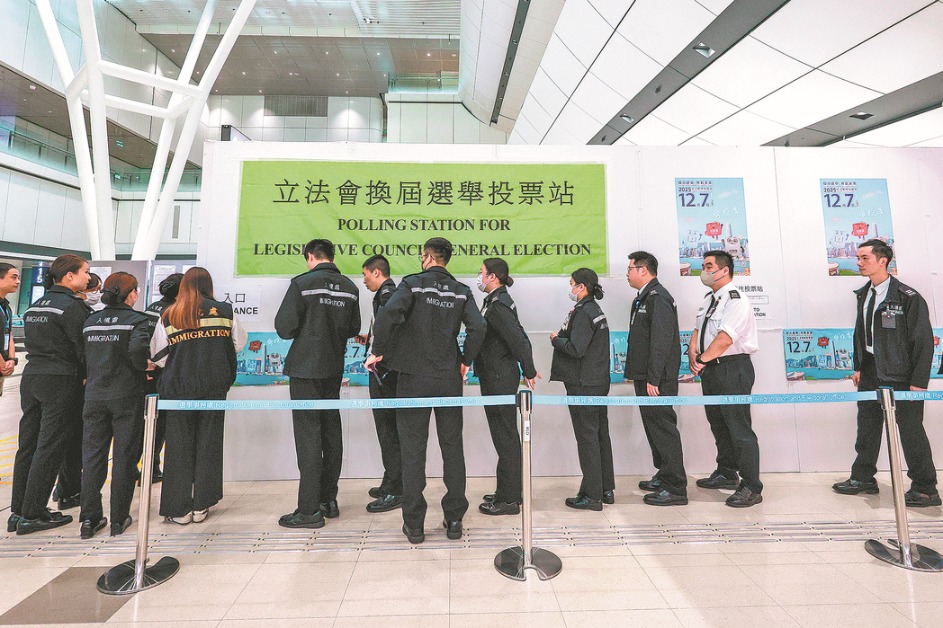Travel plan ends cross-border woes


Good start
Fung Wing-cheong, deputy director of the Hong Kong Federation of Trade Unions' Shenzhen consulting service center, said Return2hk is a good start, but it cannot help most cross-border workers and their families.
Most of the people benefiting from the plan are those who need to return to Hong Kong urgently to deal with financial or tax issues, or to see doctors, Fung said, adding that it has not solved the problems faced by many thousands of cross-border families, students and commuters.
According to the Hong Kong Education Bureau, some 27,000 students from the city living on the mainland travel to Hong Kong every school day.
Figures from the city's Census and Statistics Department show that more than 43,000 people commute between Hong Kong and the mainland for work, with 17,000 of them living in the city.
In addition, by the end of 2018,119,800 Hong Kong people age 60 and older were living in Guangdong, some of whom need to return to Hong Kong regularly to see doctors.
Due to the border restrictions, the lives of these people, including their family members, have been seriously disrupted and many have been left in limbo.
Before the restrictions were imposed in February, Jodie Yang, a 29-year-old accountant, commuted between Shenzhen and Hong Kong every workday. She lives in the Luohu district of Shenzhen and works for a company in Hong Kong's New Territories.
Yang said she was lucky, as her employers allowed her to work in the Shenzhen office temporarily. However, in July, she had to go to Hong Kong to renew her work visa, despite having to find short-term rental accommodations and undergo 14 days' quarantine.
Many people have not been as fortunate as Yang.
Fung said his center had received requests for help from Hong Kong residents living in Shenzhen.
























